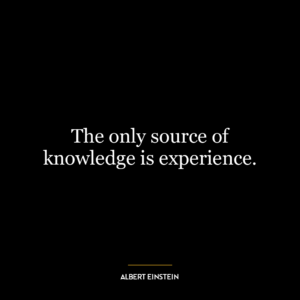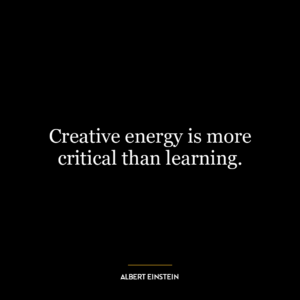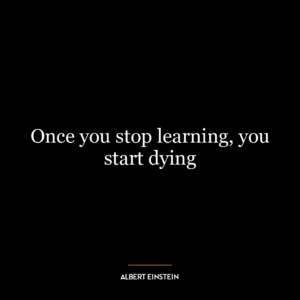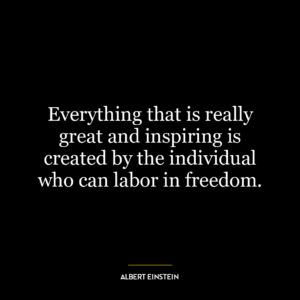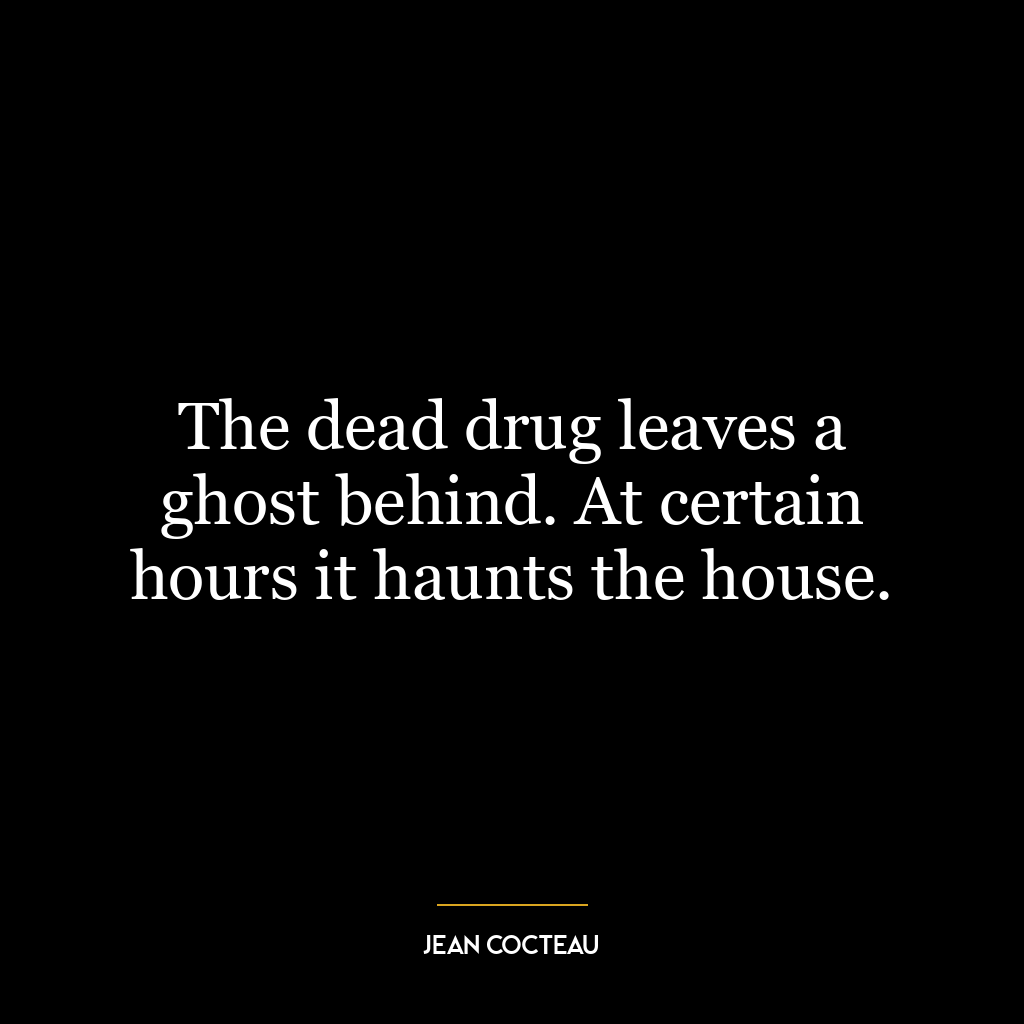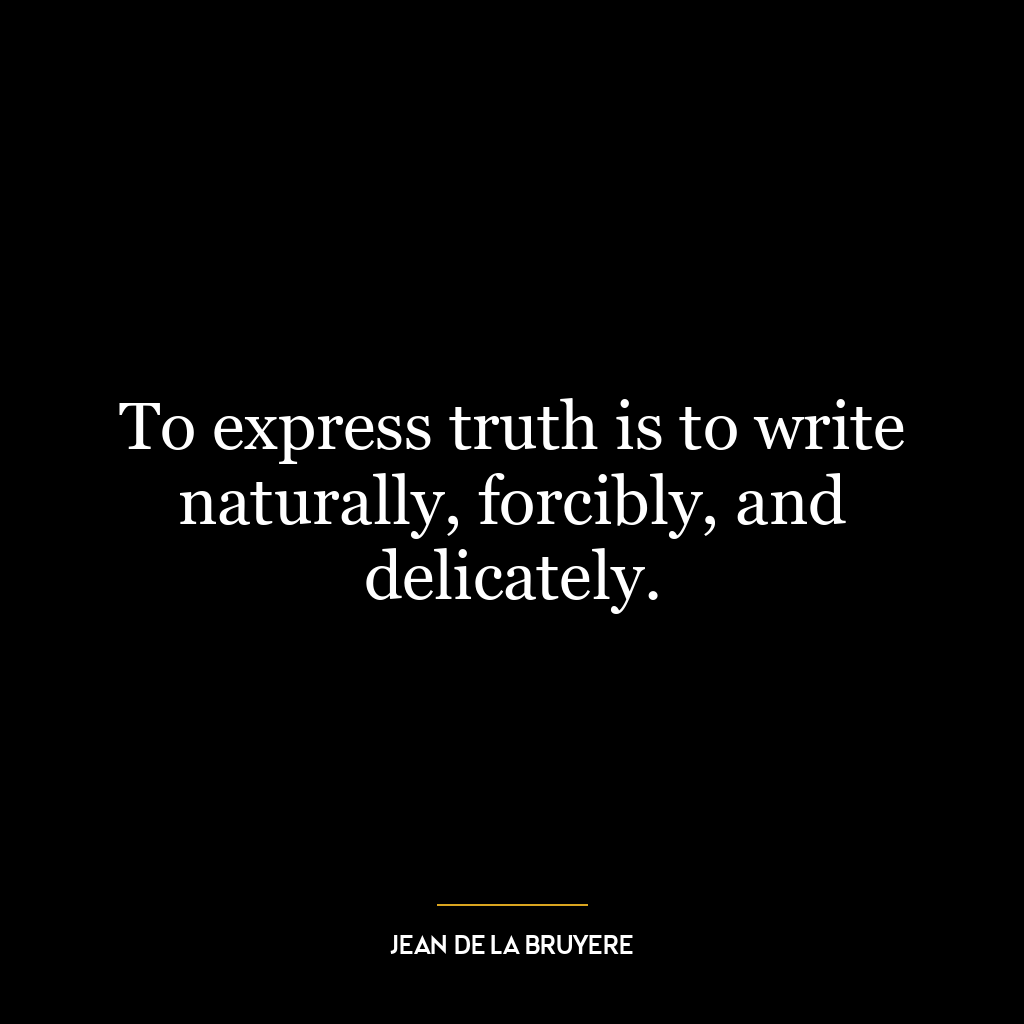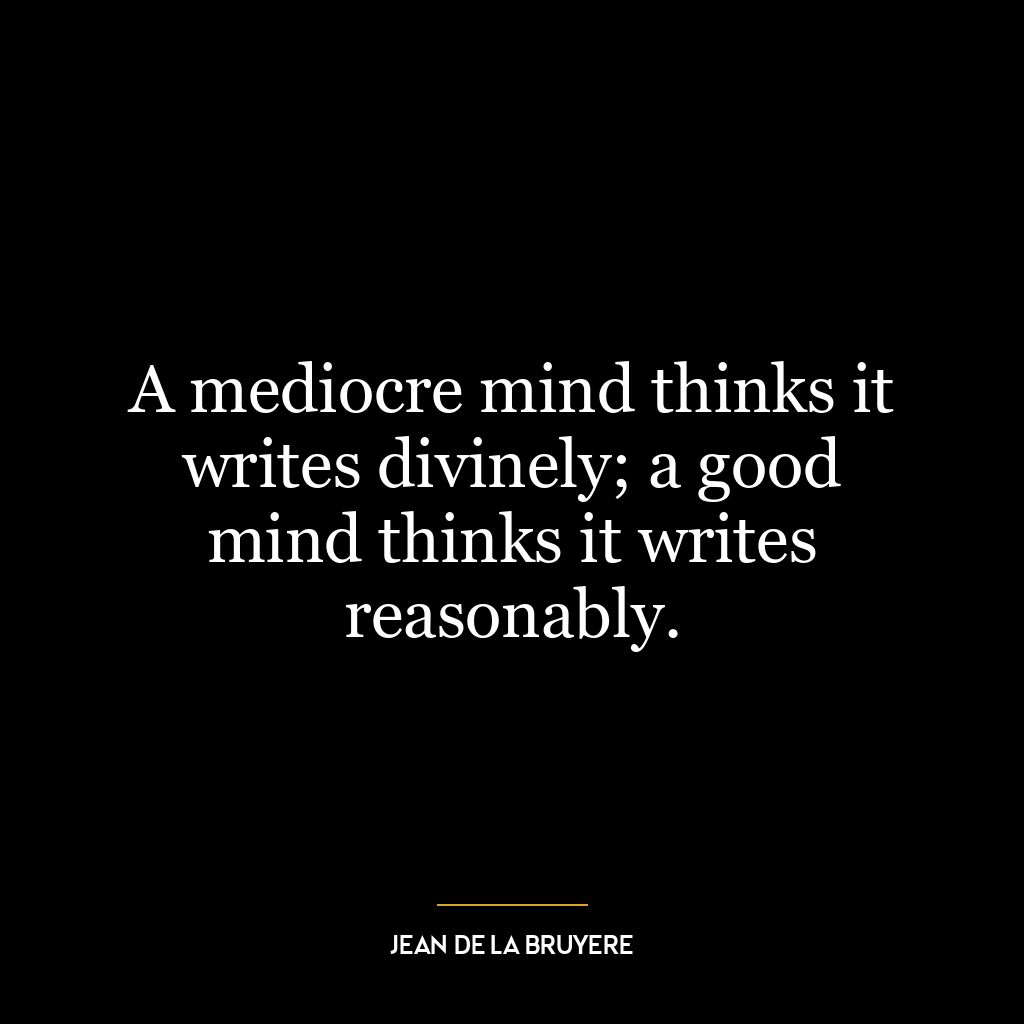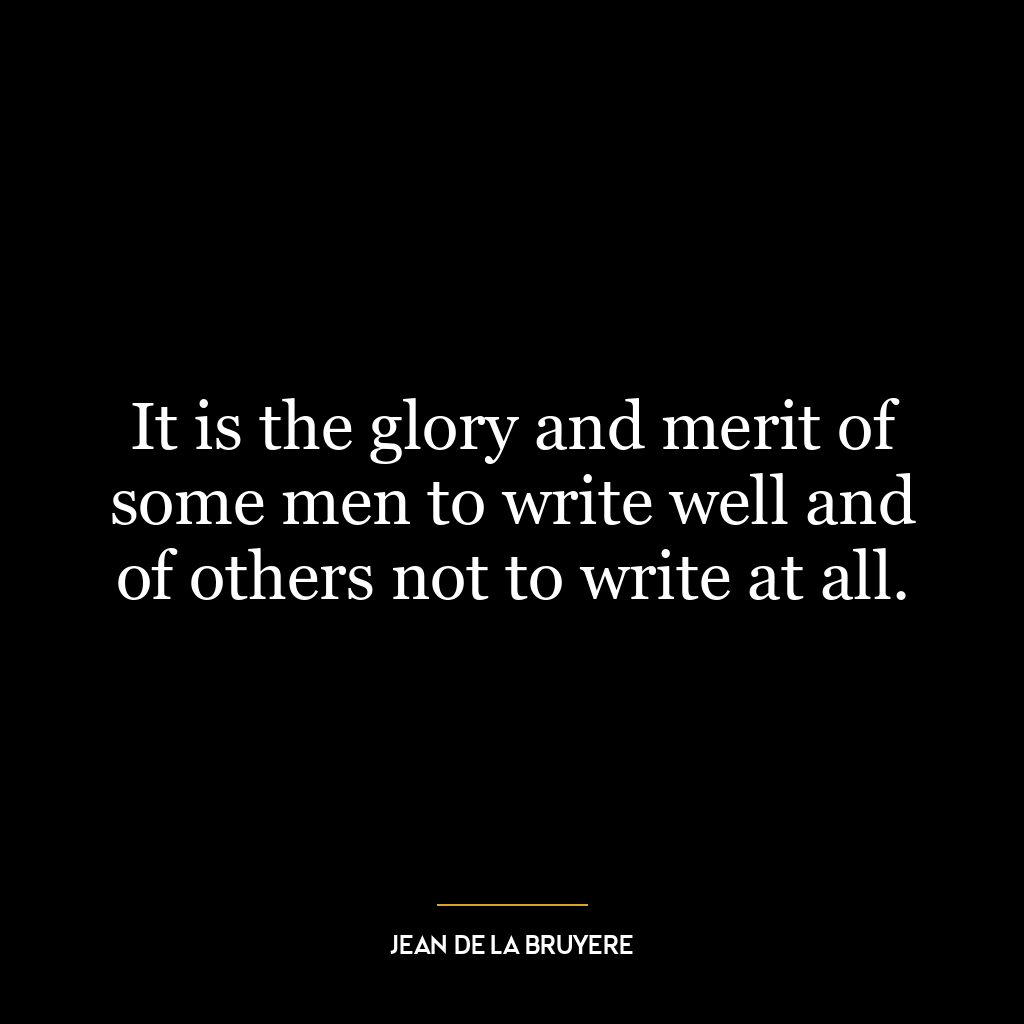This quote emphasizes the importance of externalizing our thoughts, ideas, and reminders in a tangible form, such as writing them down on paper. The human brain, while remarkably powerful and capable, is not infallible. It can forget, misremember, or become overwhelmed with the sheer volume of information it needs to process. By writing things down, we create a physical record that is not subject to the same limitations. This practice can help us remember and organize our thoughts more effectively, freeing up mental resources for more complex cognitive tasks like problem-solving, creative thinking, and decision-making.
The quote also suggests a division of labor between our brains and external tools. The brain is not just a storage device but a tool for thinking, processing, and understanding. Paper, in this context, is a tool for memory, a static record that holds information so our brains don’t have to.
In today’s world, this concept is more relevant than ever. We are inundated with information from multiple sources, and the demands on our attention and memory are greater than ever. By using tools like notebooks, planners, digital note-taking apps, or project management software, we can offload some of that cognitive load. This can help us manage our time and tasks more effectively, reduce stress, and increase productivity.
In terms of personal development, this idea encourages us to be more mindful and intentional about how we use our cognitive resources. It suggests that we should not rely solely on our brains for memory, but should use external tools to aid us. This can help us become more organized, efficient, and effective in our personal and professional lives. It also underscores the importance of developing good habits and systems for note-taking and task management. By doing so, we can free up mental space for learning, growth, and creativity.



